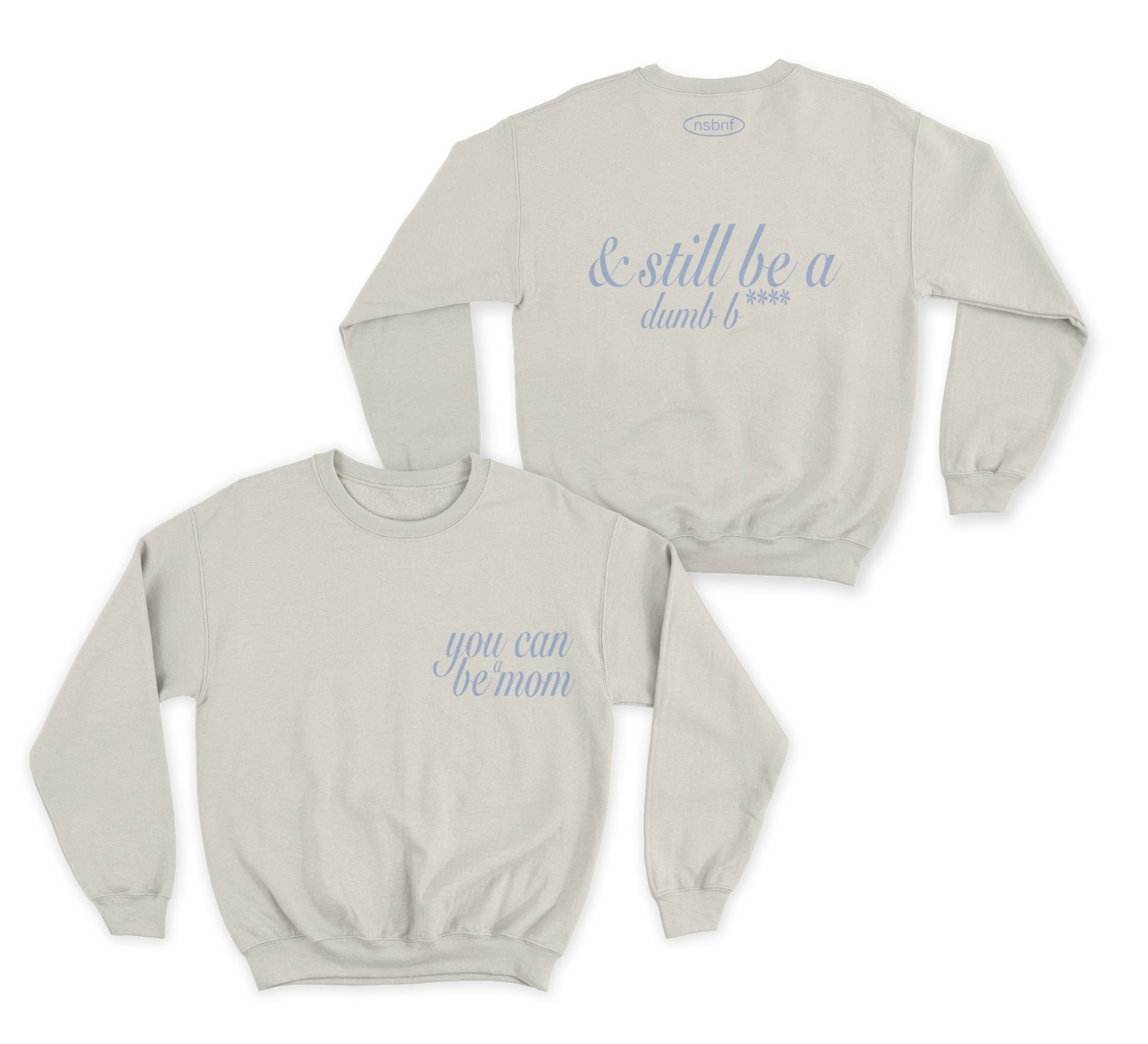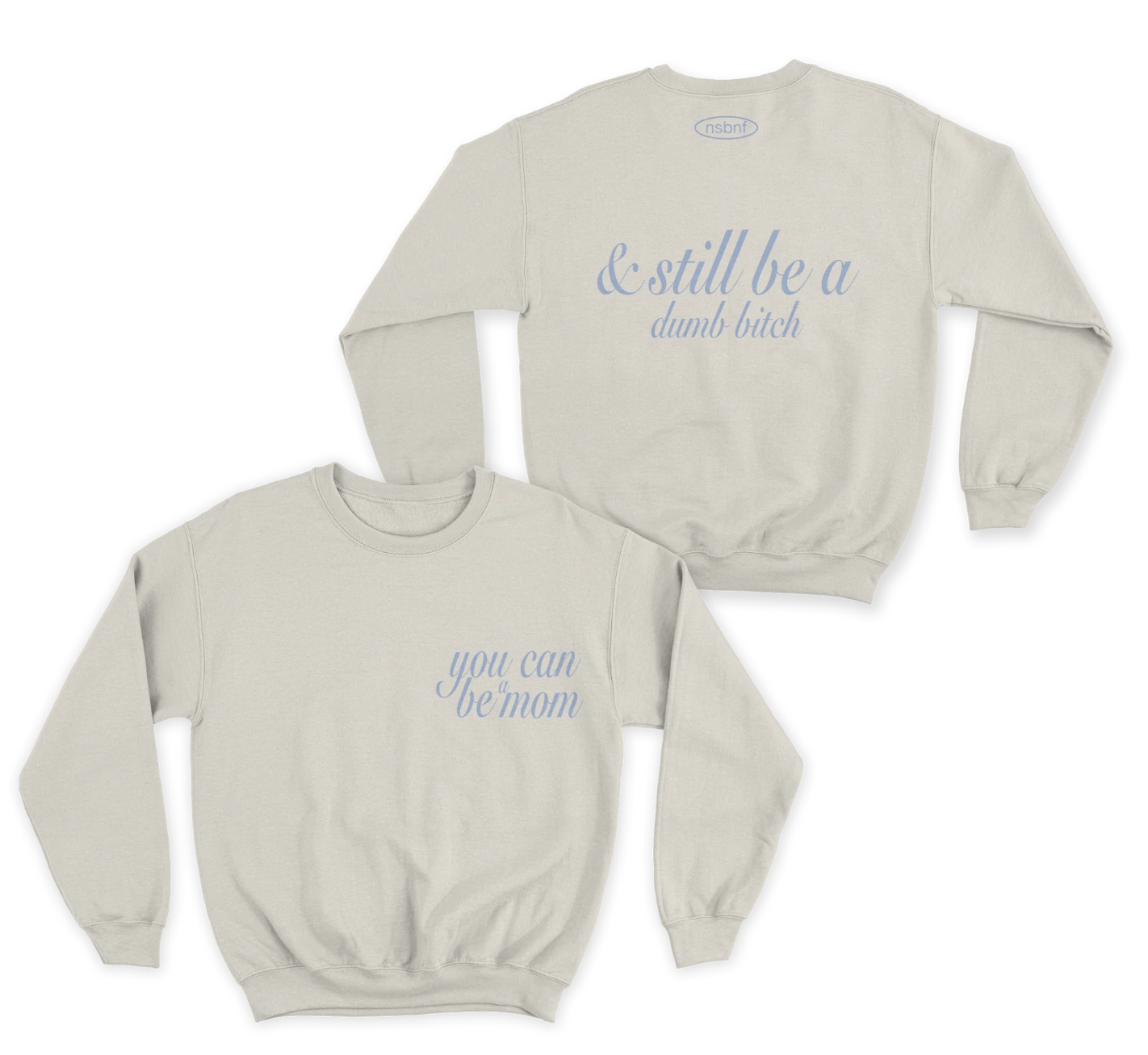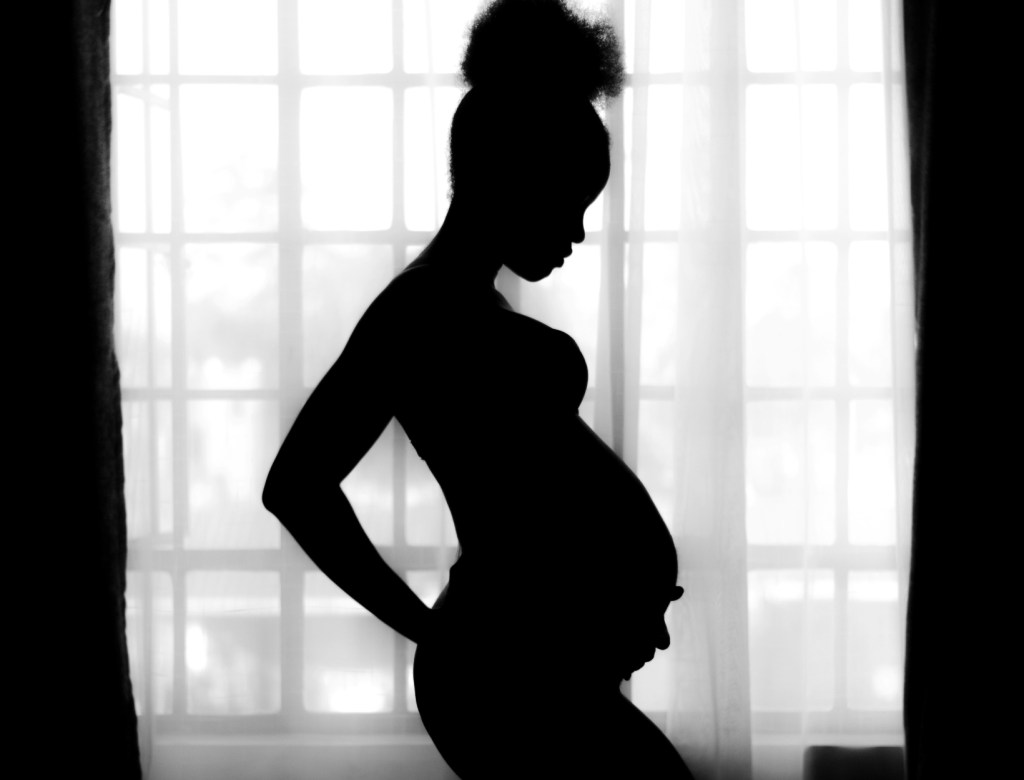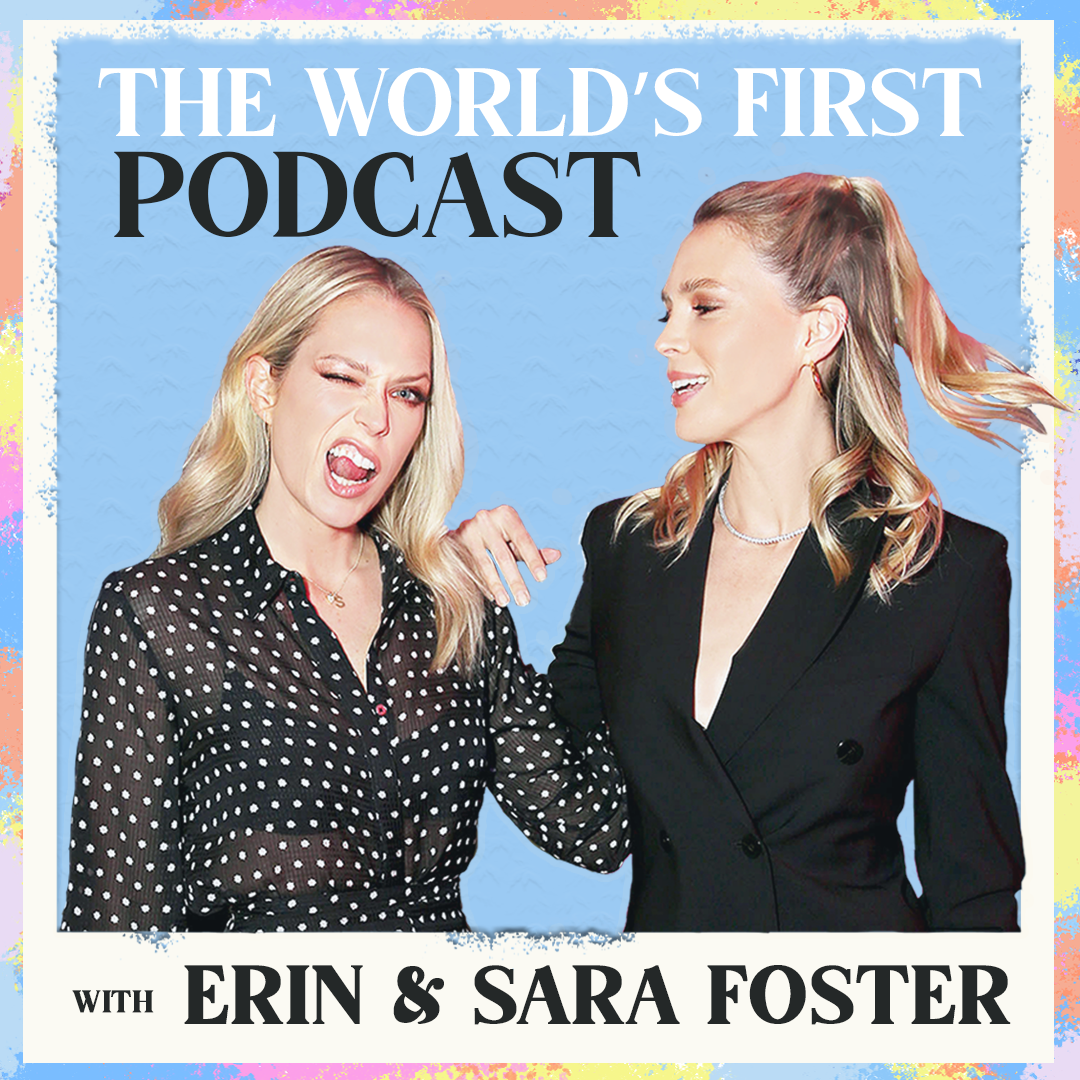What Do Romance Novels Teach Us?

If you love romance novels, then you need to know the icon who is Tia Williams. The New York Times bestselling author is the brain behind reader favorites Seven Days in June, A Love Song for Ricki Wilde, and The Perfect Find (recently developed into a Netflix film starring Gabrielle Union). Williams has created her own luck as an author and creative.
A lover of the horror genre herself, Williams says horror and romance share a key similarity: They both provide a thrill. Her readers often tell her that her writing served as their gateway into romance novels: “I have heard that quite a bit—that Seven Days in June has gotten people out of their reading slump or it was their gateway into romance and now they are full-on, die hard fans of it.”
On She’s So Lucky, host Les Alfred spoke with Williams about her journey from beauty editor to full-time novelist. They discuss the universal secret to success in any field, how Williams’ love for romance fiction shaped her storytelling, and how writing her own love story helped uncover her authentic voice.
Williams’ career is evidence that sometimes success doesn’t require a dramatic pivot but instead follows a path you’ve been walking all along.
A mutli-faceted career in corporate and creative worlds
“It was always clear to me, growing up, what my path was going to be. I had two obsessions— – fashion magazines and fiction. My whole life I had been preparing myself for this,” she says.
By age 10, Williams had subscriptions to all the big fashion magazines—Harper’s Bazaar, Elle, Vogue. In high school and college, she worked on her yearbook and newspaper staff while studying journalism and creative writing.
At 24, after working her way up at publications including Glamour during what she calls “the Devil Wears Prada era where the fashion magazine industry was a jungle,” Williams took a decisive step toward her parallel career: a six-month sabbatical in Spain.
“I was dating a very charming, crazy person. My job was nuts,” she recalls. “I went on sabbatical to Spain for six months and rewrote my love story to have a happy ending. When I returned to New York, I looked over what I had written, and I realized that was my book.”
She published her first novel, The Accidental Diva, in 2004. Williams maintained both careers—beauty editor by day, novelist by night—until three years ago, when the success of Seven Days in June finally enabled her to write fiction full-time.
What romance offers
As a child of the ‘80s, Williams and her sisters would steal their mother’s salacious romance novels, always finding that “the books would always open right up to the sex scenes.” This early exposure sparked a lifelong fascination with the genre: “Something spoke to me about the books—they were always such a great escape. I was fascinated by love and what makes chemistry happen.”
Williams finds herself drawn to writing romance as she believes the genre offers more than just escapism: “You can find out what your preferences are, what you like, and what you don’t like.”
How to get out of creative block
Writers typically fall into two categories: “plotters” or “pant-ers,” as Williams describes it. “Plotters have extensive outlines, and they know the beginning, the middle, and the end. They know everything. Pant-ers, on the other hand, fly by the seat of their pants. There is no plan, and they go where the wind takes you,” she explains.
As a “plotter,” Williams establishes detailed systems before beginning a manuscript—researching thoroughly, mapping every chapter and character, and ensuring there are no loose ends or plot holes.
When facing creative ruts, Williams taps into other creative media like movies or television. She encourages leaning into whatever inspires you—whether it’s music, people watching, or movement. Taking a break, she says, helps you come back refreshed.
She also suggests going back in time: “I’m a big, old Hollywood head. Sometimes, I need to get out of a 2025 space, and go to the ‘40s, ‘70s, or the ‘80s. Inspiration comes in odd ways.”
The art of calculated risk-taking
As the stereotypical eldest daughter, Williams admits to a career-long aversion to failure: “If I’m not great at it, I abandon it.”
She recognizes this self-protective pattern has potentially blocked blessings: “I’ve missed out. There are a lot of things I would have tried.” Alfred notes that a lot of people struggle with being a perfectionist: “It can feel daunting, but it is totally understandable. There’s a lot of comfort in doing things we know we can be great at.”
“Yeah, I don’t have time for daunting! I’m just like, ‘Let’s go!” Williams laughs.
But Williams might need to give herself more credit. She has certainly taken a number of risks to create a life and career that she loves and is on her own terms.
“Authors don’t make a lot of money, but the success of Seven Days in June put me in a place where I didn’t need my day job anymore. It felt like a huge leap, but it’s been the best journey. The dream of writing full-time was always in the back of my mind, but it just wasn’t a possibility. When the stars finally aligned, I had to take it,“ she says.
Her advice for anyone balancing corporate jobs with creative aspirations is straightforward: “Work on that. If you really love something, do it too. If it matters to you, do it.”




















Leave a Reply